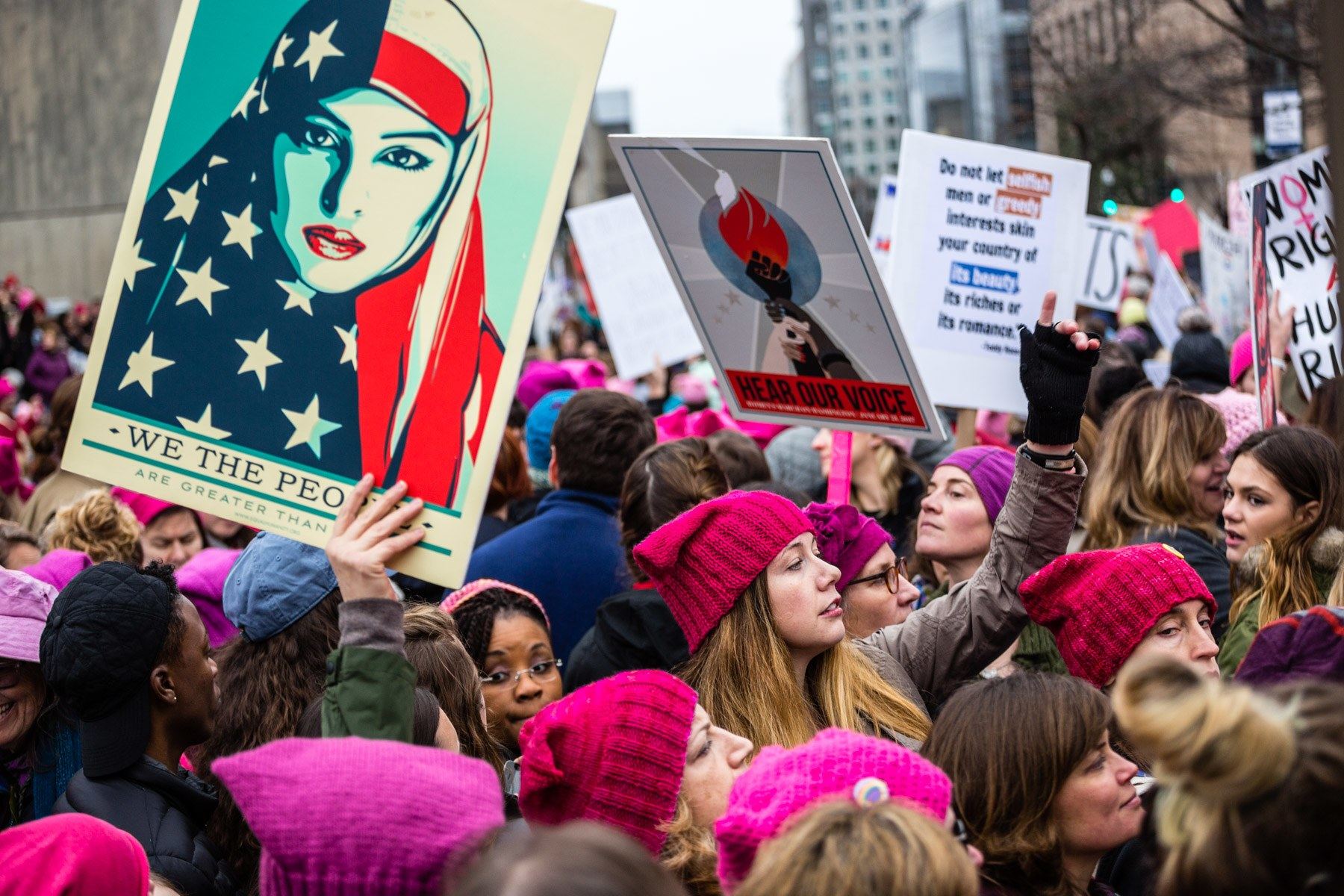In the immortal words of Porky Pig, “That’s all folks!” There are three weeks left of the semester, and as much as I have loved talking your ears off every few weeks, this will be my final passion blog post. I hope you’ve enjoyed the ride with me, and I hope at least one of these posts has encouraged you to get involved with a cause you care about!

We’ve covered topics like racism, sexism, religious intolerance, homophobia, and more. I’ve filled your screen with events and lectures for you to go to, all of which were tastes of what activism looks like. That being said, I’d like to spend my last 400 words with you discussing some long term ways for you to get involved in advocacy here in Happy Valley.
Penn State has tons of incredible opportunities for social justice activism, but we don’t have to be limited to the clubs we find on campus. After getting involved with some on-campus clubs (you can go straight to the directory here), take a look at what is going on in Centre County!
Check out the websites for the Centre County Women’s Resource Center, the Centre LGBTQA Support Network, and the State College Planned Parenthood Health Center. Take a look and see what these incredible organizations are doing, and click that “Get Involved” button!
 There are larger organizations as well that could use your help. Human Rights Campaign is always looking for volunteers with their nationwide actions. The Pennsylvania Student Power Network is a non profit run by college students in our state – I am working for PSPN as a New Organizing Fellow, and my mentors there have helped me both organize and mobilize college students! The video at the beginning of this post is an article from Centre Daily Times covering our action on the Old Main steps earlier this week – we delivered a letter with nearly 200 student/faculty signatures to President Barron, demanding that the university speak out against hate groups on campus and deny them funding. The action took place in solidarity with the Indiana University of Pennsylvania, which has been experiencing demonstrations from white nationalist groups on their campus.
There are larger organizations as well that could use your help. Human Rights Campaign is always looking for volunteers with their nationwide actions. The Pennsylvania Student Power Network is a non profit run by college students in our state – I am working for PSPN as a New Organizing Fellow, and my mentors there have helped me both organize and mobilize college students! The video at the beginning of this post is an article from Centre Daily Times covering our action on the Old Main steps earlier this week – we delivered a letter with nearly 200 student/faculty signatures to President Barron, demanding that the university speak out against hate groups on campus and deny them funding. The action took place in solidarity with the Indiana University of Pennsylvania, which has been experiencing demonstrations from white nationalist groups on their campus.
If there is an issue you care about, go for it. Organizations like the Centre LGBTQA Support Network focus on one particular issue, while the Pennsylvania Student Power Network has students involved in a wide range of social justice campaigns – one is not better than the other, and no issue is too big or too small to tackle. If there is an issue that lights your fire, do something about it!
WE ARE the ones who change the world – that’s all folks!










 Email
Email 










 unencouraging of female players. Penn State is trying to fix that problem by giving girls a leg up; we earn an extra 3 points for every touchdown, and on certain plays male QBs canonly throw to a female receiver. The idea behind this is that guy players will be more likely to include us girls. Despite this being a well intentioned policy, this is not the way to promote equality on campus.
unencouraging of female players. Penn State is trying to fix that problem by giving girls a leg up; we earn an extra 3 points for every touchdown, and on certain plays male QBs canonly throw to a female receiver. The idea behind this is that guy players will be more likely to include us girls. Despite this being a well intentioned policy, this is not the way to promote equality on campus. t
t











